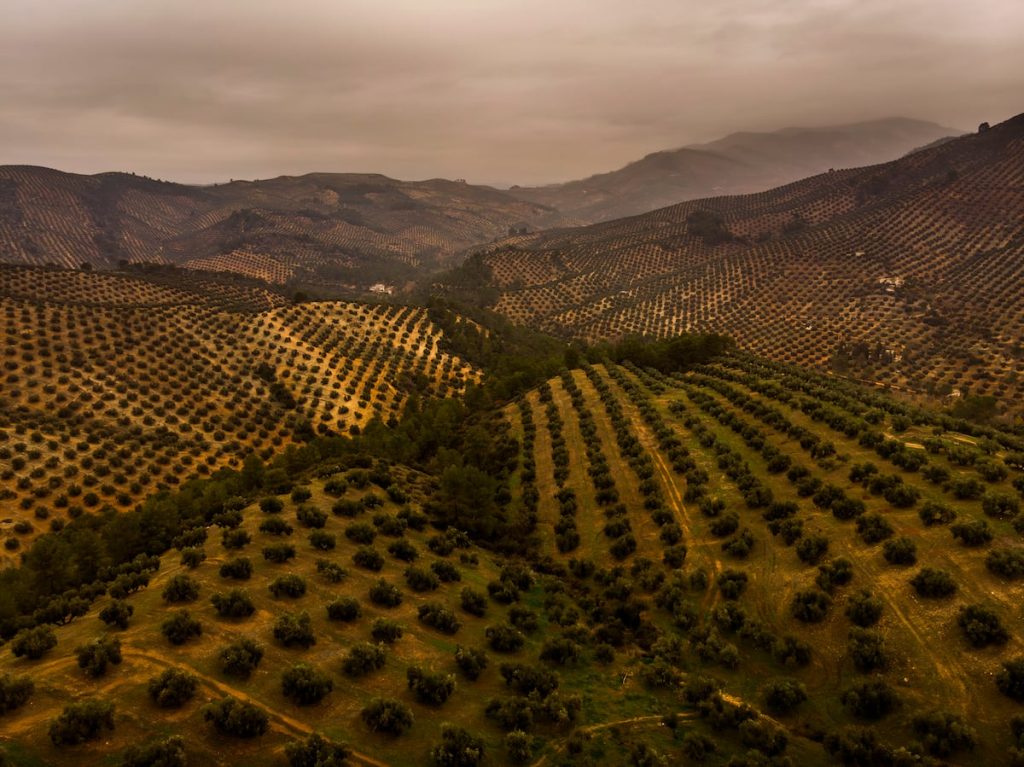The dusty olive groves of the Andalusian countryside, as described by Antonio Machado, have come across an unexpected roadblock in the form of opposition from farmers in Jaén and Córdoba to the candidacy of the Olive Grove Landscape as a UNESCO World Heritage Site. Farmers are concerned that their property rights may not be guaranteed if the olive groves are designated as such. This poses a serious threat to the universalization of a unique landscape and a millennia-old culture. Despite initial support from various institutions, including local governments, universities, and agricultural organizations, the future of the candidacy is uncertain.
The institutional commission behind the candidacy has set a deadline until the end of June to carry out an informational campaign in hopes of convincing hesitant farmers to support the candidacy. If they do not succeed, the ‘Olive Grove Landscapes in Andalusia: Millennial History of a Sea of Olive Trees’ candidacy will be definitively eliminated, even though it was submitted to UNESCO in January for consideration in the World Heritage List in 2025. Initial resistance came from olive growers in the Jiennese countryside near Porcuna, expressing concerns about property rights and potential limitations on productive capacity.
However, the strongest opposition has come from Asaja Córdoba, labeling the initiative as detrimental to the interests of olive growers. They argue that existing regulations already provide sufficient protection, and additional designations could end up penalizing farmers. Despite Andalusia’s vast olive tree population, the candidacy focuses on protecting 13,489 hectares of olive groves in the region, identifying 14 cultural landscape zones with exceptional values, tangible and intangible, related to olive cultivation, history, and heritage.
Advocates of the candidacy emphasize the importance of preserving the cultural, agricultural, and living landscape of the olive groves, highlighting the efforts of generations of farmers who have sustained families and territories in Andalusia through olive cultivation. The potential benefits of UNESCO recognition as a World Heritage Site are seen as positive for the traditional olive farming sector, providing economic, environmental, and social sustainability.
While the institutions promoting the candidacy express disappointment at the farmers’ timing of raising concerns, especially after the submission of the dossier to UNESCO, the evaluation process is set to proceed with experts assessing factors such as authenticity, integrity, protection, and management. The outcome of this struggle between the olive groves and their proud farmers will determine whether the “Old olive trees thirsty / under the clear sun of the day, / dusty olive groves / of the Andalusian countryside,” as immortalized by Antonio Machado, will be recognized as a World Heritage Site.


